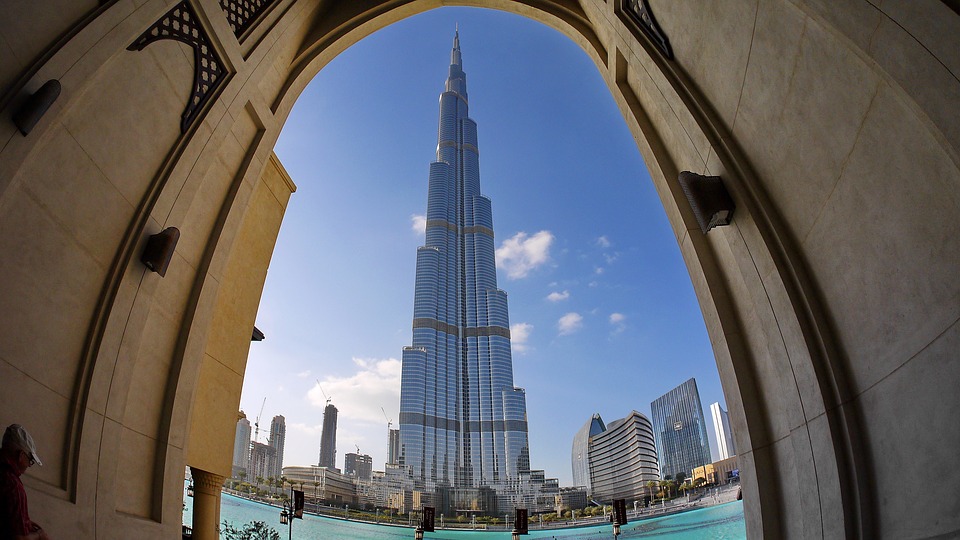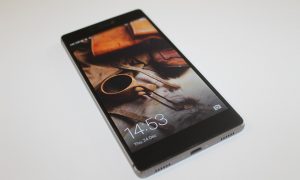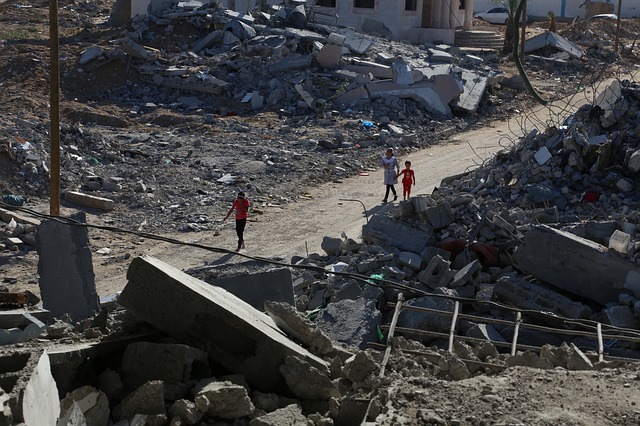ICT Energy Efficiency Discussed in Dubai
As the region’s countries continue to inch closer to establishing knowledge-based economies and ICT becomes an integral part of everyday life, Dubai hosted the ICT Energy Efficiency Summit 2017, a two-day event that highlighted the latest innovations that drastically reduce energy consumption.
Organized by Huawei, the Summit saw over 100 high-profile delegates representing the ICT industry in the region, including local operators Etisalat and du, as well as regional players including STC and Vodafone. The event also saw the participation of policy makers, regional authorities and industry analysts.
The Summit highlighted topics include the road to smart ICT facilities, reducing operating expenditure (OPEX), solar energy applications in the ICT industry and ways to a green, connected world.
According to Huawei Network Energy Research, 40% of telecom network energy is used inefficiently, while 57% of network interruption is related to infrastructure problems. In data center, energy cost contributes 60% to its total cost of ownership in 15 years. Ponemon Institute’s statistics show that an interruption could cause losses of USD740,000 annually to a data center. In addition, DC owners have to invest massive manpower into the three-shift O&M.
“Energy and maintenance are two big players in OPEX of telecom operators and data centers, while solar energy remains a largely untapped source of energy for both,” said Tao Hongming, President of Telecoms Energy Huawei Technologies. “We are talking about how ICT will transform other sectors in the fourth industrial revolution, or ‘digital transformation’, however, the ICT industry still utilizes ‘dumb’ equipment that inefficiently consumes massive amount of energy”.
“Huawei Network Energy focuses on telecom and data center energy consumption. For example, Our Smart Site Solution increases efficiency of a telecom’s site up to 95% through integrated design, high-efficiency and smart components, resulting in an increase in energy efficiency of 20% for the entire network”, Tao added.
The event also highlighted solutions to increasing use of solar energy, especially in remote areas, increasing use of Li-ion batteries and reducing overall O&M with smart network components.




























